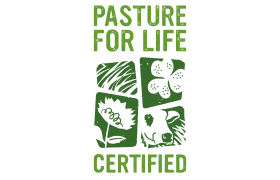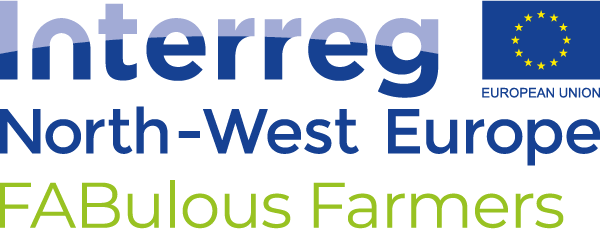Sustainable Farming and Landscapes - Advice and Inspiration

Mid Devon Strengths and Resources
Rothamsted Research

Rothamsted's North Wyke Farming Platform - just down the lane from Mid Devon - comprises 4 self-contained farms trialling different approaches.
As a BBSRC funded centre, North Wyke publishes all their data, made freely available to other researchers!
From their website:
Our facility is used by national and international collaborators from a wide spectrum of scientific disciplines, with a particularly strong capability to accommodate studies on pasture-based livestock production systems and optimal land use. We are a founding member of the Global Farm Platform Network and have recently been recognised by the UN Food and Agriculture Organisation as an exemplar research facility.
Rothamsted Research is a world-leading, non-profit research centre that focuses on strategic agricultural science to the benefit of farmers and society worldwide. Rothamsted Enterprises hosts a unique hub promoting collaboration and innovation by partnering with commercial agricultural technology businesses.
Devon Environment Foundation
From their website:
DEF Have a vision. Given the scale of the climate and nature emergencies, to protect and restore at least 30% of Devon's land and water by 2030.
They will implement this by supporting grassroots projects that regenerate nature, especially those that can be replicated and scaled across the country.
Food, Farming and Countryside Commission (FFCC)
The FFCC published the Devon Grass Roots report, this locally-led Devon inquiry informed the FFCC's 2019
report Our Future in the Land.
From their website:
We make connections, between different communities, theories, policies and practice, bringing radical and practical ideas to life, to act on the biggest challenges of our time.
Our teams based across all four nations help facilitate networks in communities and within sectors.
Future Farming Resilience
FREE ADVICE AND SUPPORT
From their website:
Business Information Point has been supporting farmers since we began over 25 years ago, and have built up a wealth of experience and expertise across all farm business types. Through this free support, we can tailor the advice to your specific needs and prepare you for the changes ahead.
LEAF (linking Environment and Farming
From their website:
LEAF supports the industry to adopt more sustainable farming practices and encourage consumers to make more sustainable food choices.
Our 10-Year Strategy 2021 – 2031 is an advancement of our work in developing and promoting more sustainable agriculture through Integrated Farm Management. We will support the delivery of Positive Action for Climate, Nature, Economy and Society based on our core work and the principles of Circular Agriculture as set out in our Vision and Mission.
The Soil Association
From their website:
For over 75 years, The Soil Association as a charity has worked with everyone to transform the way we eat, farm and care for our Natural World.
We build real solutions from the ground up. Because the only way to solve the issues facing our world is to understand that they are all connected - and that food, farming and forestry are a vital part of the solution.
Together, we are a force for nature.
Pasture for Life
From their website:
We champion the restorative power of grazing animals on pasture. Grazing animals on 100% pasture brings positive impacts for biodiversity and carbon, human health and wellbeing, and animal health and welfare. Pasture for Life works on the ground, every day, to restore ecosystems, implement positive change in our food and farming systems, and demonstrate the benefits of 100% pasture fed.
We work across every step of this process. Learning from farmers who are already there and supporting those who are on the journey. Pressing for the return of local abattoirs so animals can experience the most humane end of life possible. Developing routes to market and novel supply chains. Certifying products so people can have confidence in what they are buying and advocating for better labelling standards.
We are a diverse movement, from farmers and butchers to artisans and academics, working together to champion ways of farming which are restorative for all life.
UK Centre for Ecology & Hydrology
From their website:
The Centre for Ecology & Hydrology (CEH) is the UK's Centre of Excellence for integrated research into land and freshwater ecosystems and their interaction with the atmosphere. CEH is part of the Natural Environment Research Council (NERC) and employs more than 450 people at four major sites in England, Scotland and Wales. CEH tackles complex environmental challenges to deliver practicable solutions so that future generations can benefit from a rich and healthy environment.
Fabulous Farmers
From their website:
Functional Agrobiodiversity (FAB) is the biodiversity that are useful for agriculture. Think of pollinators, soil life... When they are implemented actively, it is named a FAB-measure. So these are targeted measures of biodiversity in and around the field to improve pollination, pest management, soil and water quality on the farmland. In FABulous Farmers we aim for 10 Fab Measures.
- Crop Rotation
- Mixed Crops
- Field Margin management
- Hedgerow management
- Agroforestry
- Modify manure quality
- Organic matter input
- Cover crops
- Non-inversion tillage
- Physical and biological crop protection.



